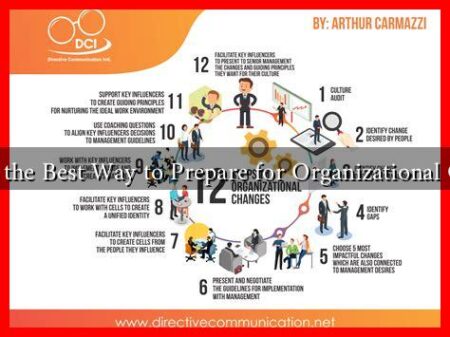-
Table of Contents
How Can Parents Prepare for Back to School Night?
Back to School Night is an essential event for parents, teachers, and students alike.
. It serves as a platform for parents to meet educators, understand the curriculum, and engage with the school community. However, many parents feel overwhelmed by the prospect of attending this event. With proper preparation, parents can make the most of Back to School Night, ensuring they leave with valuable insights and connections. Here’s how to prepare effectively.
Understanding the Importance of Back to School Night
Back to School Night is not just a formality; it plays a crucial role in fostering a positive educational environment. According to the National Education Association, parental involvement in education can lead to improved student performance, better attendance, and increased motivation. This event allows parents to:
- Meet their child’s teachers and understand their teaching styles.
- Learn about the curriculum and academic expectations for the year.
- Establish a connection with other parents and the school community.
- Ask questions and address any concerns regarding their child’s education.
Steps to Prepare for Back to School Night
Preparation is key to making the most of Back to School Night. Here are some steps parents can take:
1. Review the School’s Communication
Before the event, parents should familiarize themselves with any communication from the school. This may include:
- Newsletters or emails detailing the agenda for the night.
- Information about the teachers and their subjects.
- Any specific topics that will be covered during the event.
Understanding this information will help parents formulate relevant questions and engage in meaningful conversations.
2. Prepare Questions
Having a list of questions can help parents feel more confident during Back to School Night. Consider asking about:
- The curriculum and learning objectives for the year.
- How the teacher communicates with parents (e.g., email, newsletters).
- Strategies for supporting learning at home.
- Resources available for students who may need extra help.
These questions can lead to insightful discussions and provide clarity on how to support your child’s education.
3. Connect with Other Parents
Back to School Night is an excellent opportunity to network with other parents. Building relationships can provide support and resources throughout the school year. Consider:
- Arriving early to mingle with other parents.
- Joining parent-teacher associations or volunteer groups.
- Exchanging contact information with other parents for future communication.
These connections can be invaluable for sharing experiences and advice.
4. Take Notes
During the event, it’s essential to take notes on key points discussed. This can include:
- Important dates and deadlines.
- Specific strategies mentioned by teachers.
- Resources or websites recommended for further learning.
Having these notes will help parents stay organized and informed throughout the school year.
Case Study: Successful Parent Engagement
A study conducted by the Harvard Family Research Project found that schools with high levels of parent engagement saw a 20% increase in student achievement. One school implemented a structured approach to Back to School Night, encouraging parents to participate in workshops and discussions. As a result, parents reported feeling more connected to the school and better equipped to support their children’s education.
Conclusion
Back to School Night is a vital event that can significantly impact a child’s educational experience. By understanding its importance and preparing effectively, parents can maximize their engagement with teachers and the school community. Remember to review school communications, prepare questions, connect with other parents, and take notes during the event. With these strategies, parents can foster a supportive environment that enhances their child’s learning journey.
For more tips on parental involvement in education, visit the National Education Association’s website at nea.org.





